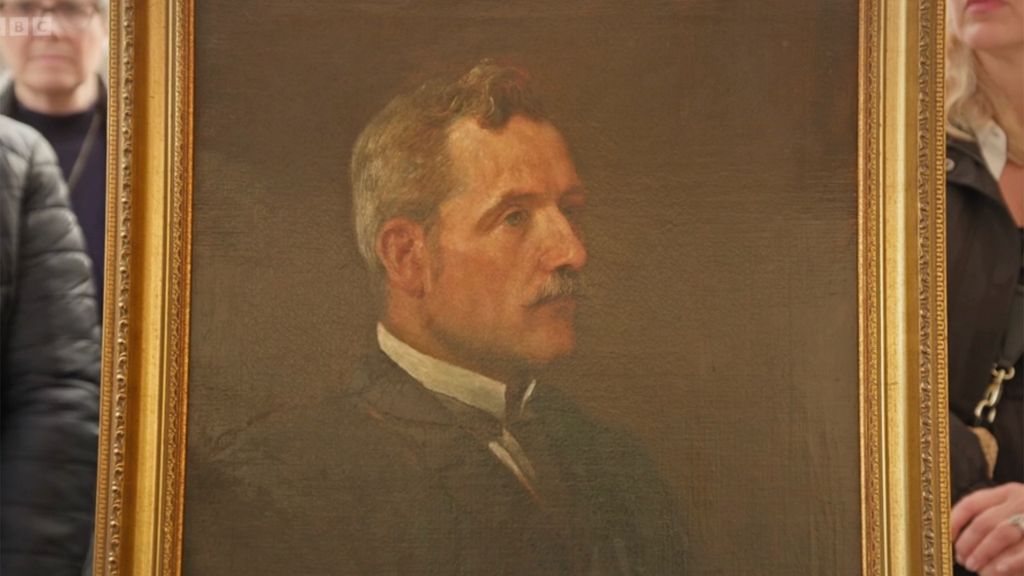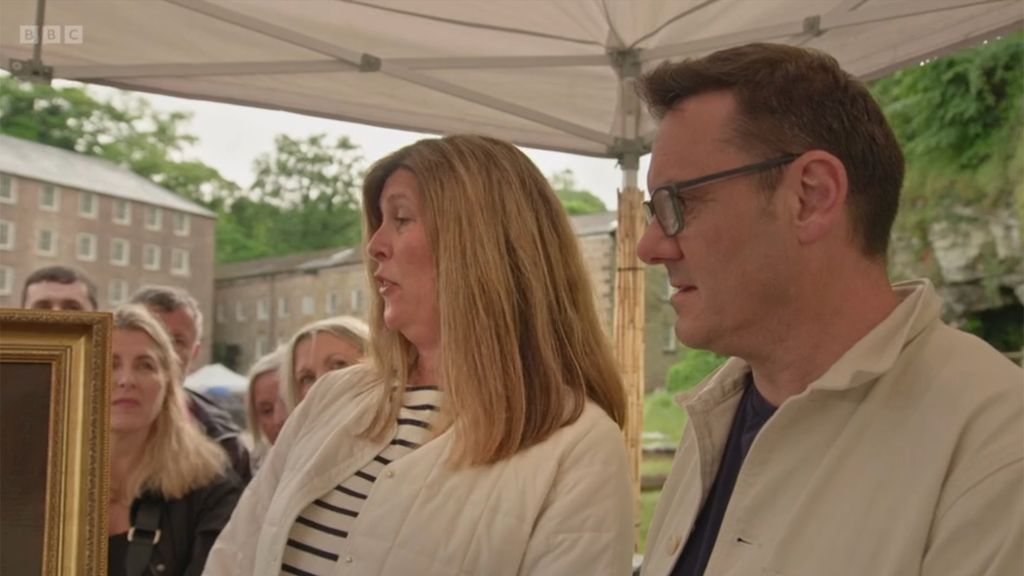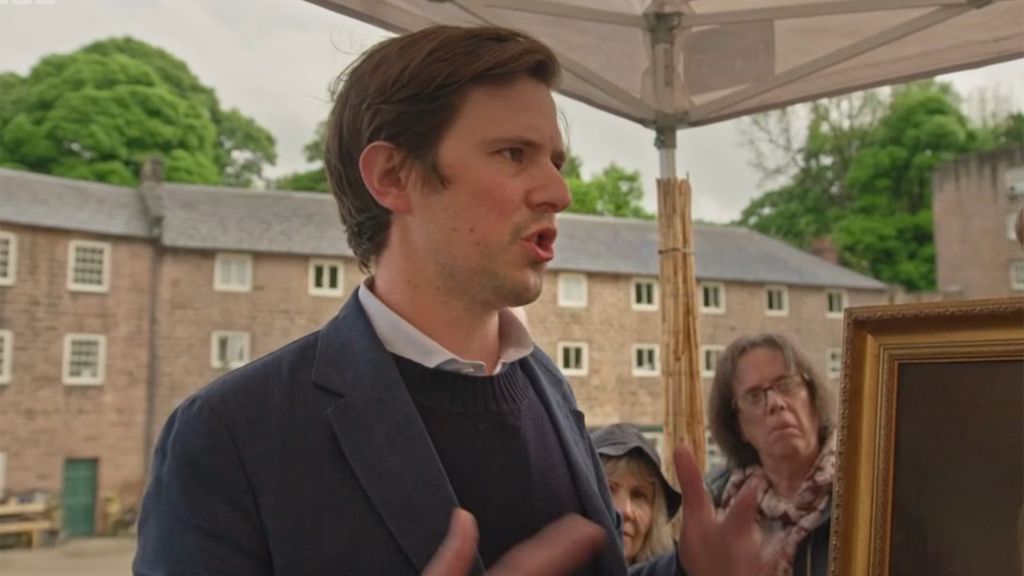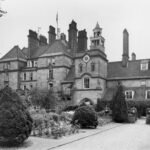
Fiona Bruce and co headed to Cromford Mills in Derbyshire on Sunday. Returning with a new episode of Antiques Roadshow, the team identified various treasures, including a collection of rare football shirts, a brooch discovered in a sock drawer and a bird clock.
Among the latest haul, fans were also treated to a glimpse of a rare painting by George Frederick Watts – one of the most famous artists of his day. Appearing on the show, the owner explained that the piece had been hanging in her parent’s home for as long as she could remember.
Consulting with art historian Lawrence Hendra, the owner was asked to name the Victorian gentleman in the painting. “This is my great-great-grandfather, Doctor Thomas Bond,” she replied.
“Just recently, my husband and I have been doing some research. We found out that he became a police surgeon and the interesting part is that he was involved in the Jack the Ripper murders.”
“He started to do what was thought to be the first medical profiling,” the owner’s husband added. “There were some thoughts at the time that Jack the Ripper had medical knowledge or was a surgeon and Doctor Thomas Bond was very clear that this was the work of someone that didn’t have surgical skills.”
Noting that the painting was completed in 1887, Lawrence mused that it was atypical of George Frederick Watts, who usually worked on “large scale, colourful views on huge canvases.”
“Of course, this isn’t one of Watts’ huge canvases but actually, I think the sitter is really interesting,” Lawrence reflected. “He was – like Watts was – a pioneer of his day. So, not that this work would ever be sold but I think if this were to appear at auction, I would expect to see it sell for a figure in the region of £10,000 to £15,000.”
While the owner and her husband explained that they wouldn’t be putting the painting up for auction, they expressed interest in loaning it to the Watts Gallery to share Thomas Bond’s story.
A notable figure, according to the Jack the Ripper tour’s official website, Robert Anderson, the head of the Metropolitan police’s Criminal Investigation Department had written to Thomas Bond for help, while he was working as a police surgeon for Scotland Yard.
Robert had enclosed reports of evidence found in the murders of Polly Nichols, Annie Chapman, Elizabeth Stride and Catherine Eddowes.
Having conducted the post-mortem examination on Mary Kelly – who was widely believed to be the final victim of Jack the Ripper – Thomas replied in a letter, confirming that all five murders were “committed by the same hand.” He added that the killer likely had no “scientific nor anatomical knowledge.”













